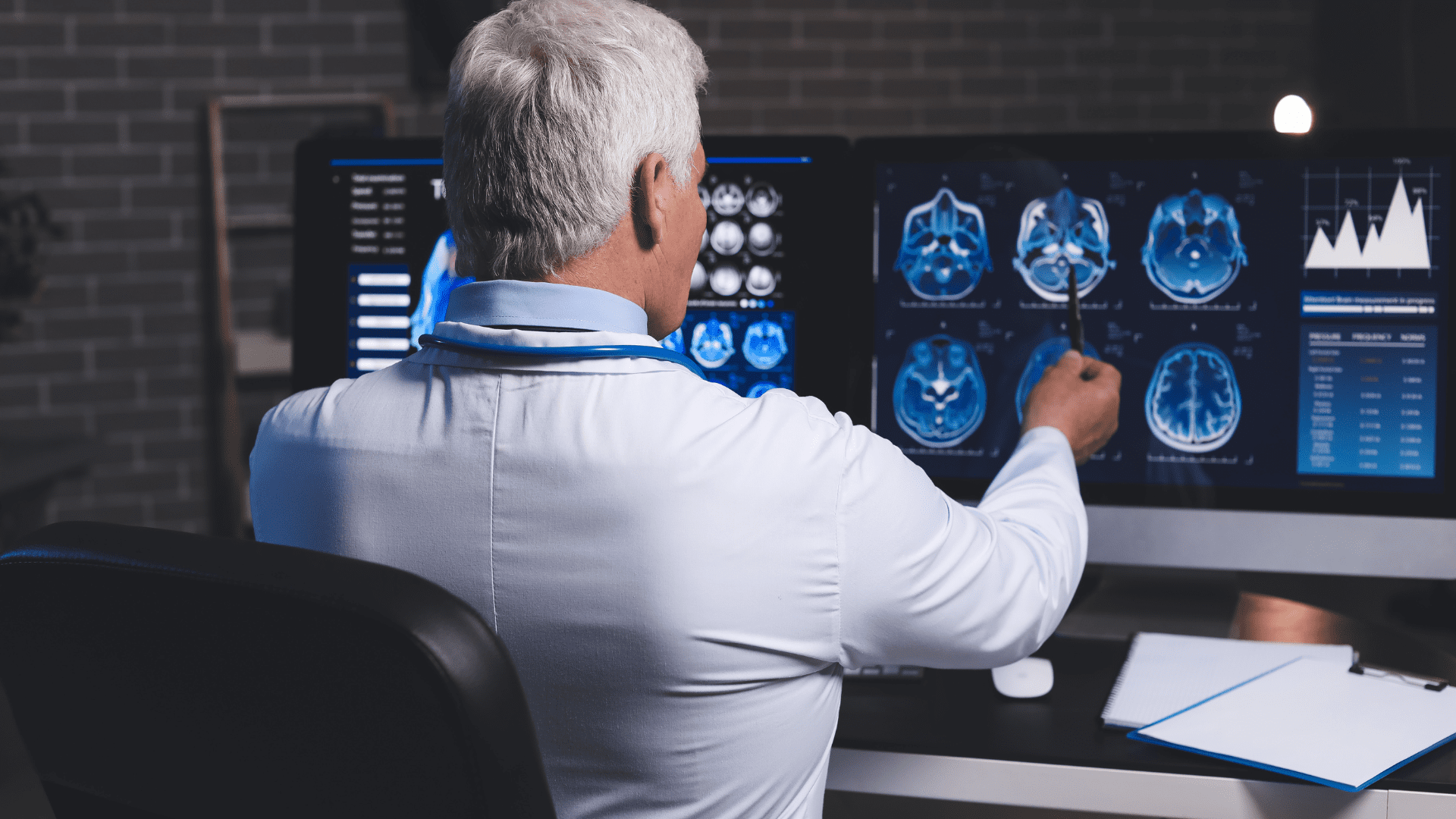The prefrontal cortex (PFC) is a critical part of our brain, responsible for regulating various cognitive and emotional processes. In this article, we will explore the structure and functions of the PFC, its significance in cognitive mastery and emotional well-being, and how neuroplasticity plays a role in enhancing these aspects. By understanding the PFC and the power of neuroplasticity, you can unlock the potential of your mind to achieve personal and professional goals.
Unlocking the Secrets of the Prefrontal Cortex
The PFC is situated in the frontal lobe, making up more than 25% of the entire cerebral cortex. It is closely connected to the limbic system, which comprises the amygdala, hippocampus, and hypothalamus. The PFC is responsible for executive functions, such as decision-making, emotional regulation, problem-solving, and working memory. It also plays a vital role in releasing neurotransmitters like dopamine and serotonin.
Why the Prefrontal Cortex Matters
Damage or underdevelopment of the PFC is associated with mental health disorders like bipolar disorder, schizophrenia, ADHD, and PTSD. Research has shown that individuals with these disorders often have reduced volume and interconnections in their PFC, which may affect their ability to feel guilt or remorse and interpret reality. Furthermore, the PFC’s size and connectivity may directly correlate with sentience, as it occupies a more significant percentage of the human brain than any other animal.
Diving into the Subdivisions of the Prefrontal Cortex
The PFC can be divided into several regions, each with specific functions:
- The dorsolateral prefrontal cortex (DLPFC): Involved in executive functions, planning, short-term memory, cognitive abilities, abstract reasoning, attention, and inhibition.
- The dorsomedial prefrontal cortex (DMPFC): Responsible for inferring mental states, forming judgments, and establishing a sense of identity.
- The ventrolateral prefrontal cortex (VLPFC): Aids in behavioral analysis, inhibitory control, goal-directed behavior, and decision-making.
- The ventromedial prefrontal cortex (vmPFC): Processes fear and risk, inhibits emotional response, and supports decision-making and self-control.
- Orbitofrontal cortex: Guides behaviors, manages impulsivity, assesses long-term rewards, and regulates emotional responses like empathy or aggression.
Mastering the Functions of Your Prefrontal Cortex
The PFC is central to executive functions, which include memory, attention, flexibility, planning, and problem-solving. It is involved in decision-making, considering past events and experiences to make informed choices. The PFC also plays a crucial role in short-term memory and affects reasoning, self-monitoring, and time management.
Optimizing the 9 Prefrontal Functions
Psychologist Daniel Siegel identifies nine significant functions of the PFC that are key to developing Mindsight: bodily regulation, attuned communication, emotional balance, response flexibility, empathy, self-awareness, fear modulation, intuition, and morality. By understanding and optimizing these functions, you can improve your cognitive abilities and emotional well-being.
Neuroplasticity: The Key to Enhancing Your Prefrontal Cortex
Neuroplasticity refers to the brain’s ability to reorganize and adapt to new experiences and stimuli. This capacity for change allows the brain to rewire neural connections and establish new ones, enabling us to learn new skills and improve cognitive functions. Neuroplasticity plays a crucial role in developing the PFC and its related functions. By engaging in activities that promote neuroplasticity, such as cognitive training, mindfulness meditation, and aerobic exercise, you can enhance your PFC’s capabilities and increase your overall well-being.
Neuroscientific Brain-Based Coaching: A Holistic Approach to Cognitive Mastery and Emotional Well-Being
Neuroscientific brain-based coaching is an approach that combines neuroscience research with psychological principles to improve mental health and cognitive performance. This method focuses on the PFC and its functions, identifying areas of strength and weakness and developing targeted strategies to improve these functions. Techniques like goal-setting, mindfulness, stress management, and cognitive training can be employed to enhance the PFC’s performance, resulting in increased cognitive mastery and emotional well-being.
Conclusion: Unlocking the Potential of Your Prefrontal Cortex
In conclusion, the prefrontal cortex plays a pivotal role in cognitive mastery and emotional well-being. By understanding its structure and functions, engaging in activities that promote neuroplasticity, and utilizing neuroscientific brain-based coaching, you can harness the power of your PFC to achieve personal and professional success.
Ready to unlock the full potential of your prefrontal cortex and transform your life? Don’t miss this opportunity to explore the benefits of neuroscientific brain-based coaching. Schedule a free consultation with Dr. Sydney Ceruto today and embark on a journey toward cognitive mastery and emotional well-being.
#PrefrontalCortex, #ExecutiveFunctions, #Neuroplasticity, #CognitiveMastery, #EmotionalWellBeing, #BrainBasedCoaching, #PersonalDevelopment, #Neuroscience, #PersonalGrowthCounseling, #MindPower






